Who is Eric Meyer, the senior US diplomat visiting Pakistan?
First high-level US visit comes as both countries seek common ground on minerals and security

Zain Ul Abideen
Senior Producer
Zain Ul Abideen is an experienced digital journalist with over 12 years in the media industry, having held key editorial positions at top news organizations in Pakistan.
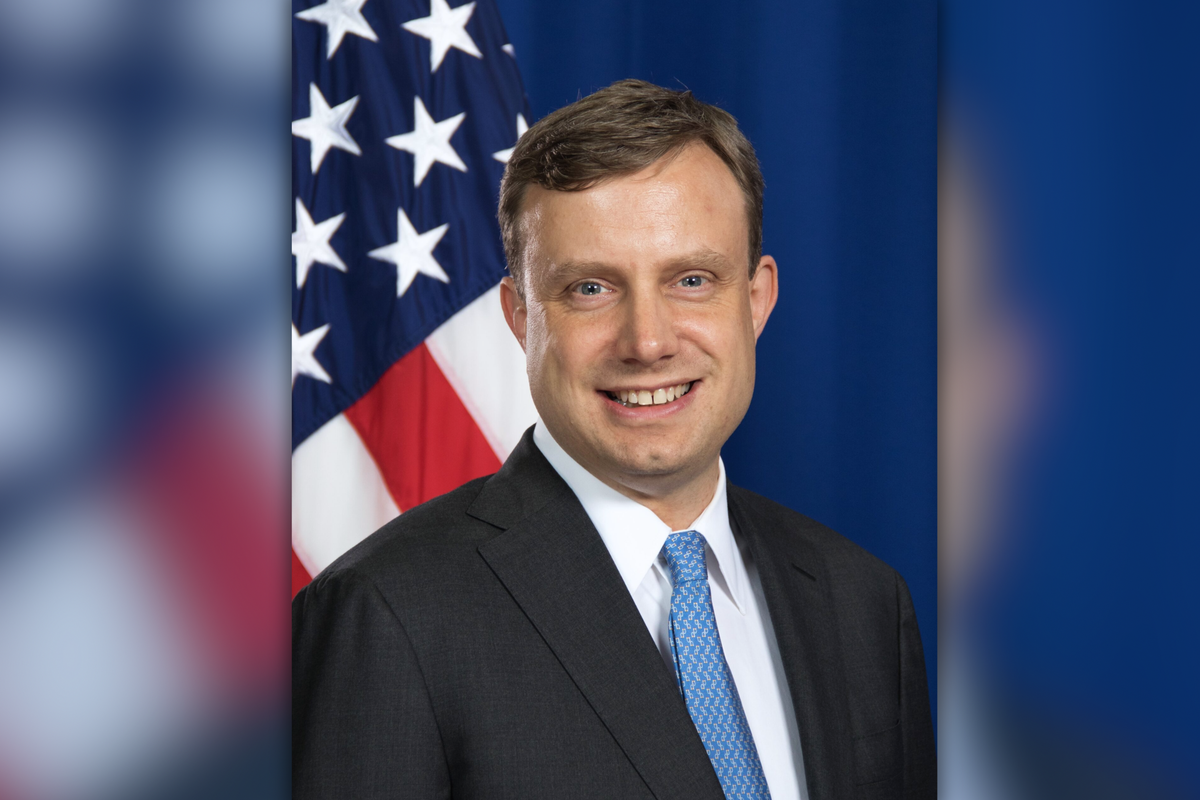
Eric Meyer, Senior Bureau Official for the Bureau of South and Central Asian Affairs, is leading a delegation exploring critical mining interests in Pakistan.
In the midst of tariff escalations and strategic recalibrations under President Donald Trump, a high-profile visit by a senior U.S. diplomat to Pakistan is drawing attention.
Eric Meyer, Acting Assistant Secretary for South and Central Asian Affairs at the U.S. State Department, arrived in Islamabad on April 8 for a three-day visit, marking the first high-level U.S. engagement in Pakistan since Trump’s return to office.
His visit comes as Pakistan seeks to revive its struggling economy and pitch its vast mineral wealth as a game-changing opportunity for global investors.
Meyer is attending the Pakistan Minerals Investment Forum, a major government-led effort to unlock what officials say is a trillion-dollar untapped sector.
Who is Eric Meyer?
According to the U.S. State Department, Eric Meyer is a career diplomat in the Senior Foreign Service. Currently serving as the Senior Bureau Official for the Bureau of South and Central Asian Affairs, he is responsible for shaping U.S. policy across a wide swath of countries—from Afghanistan and India to Central Asia and the Maldives.
Meyer’s resume spans postings across Europe, Asia, and the Arctic. He has served as Chargé d’Affaires in both Norway and North Macedonia, led the U.S. Consulate in Almaty, Kazakhstan, and worked extensively in Washington on regional coordination. He was also the U.S. Consul General in Phnom Penh, Cambodia, and held diplomatic assignments in Argentina, Egypt, Finland, and more.
He brings with him deep experience in multilateral policy, environment, and diplomacy, backed by academic credentials from UC Berkeley and an MBA from Georgetown. Meyer speaks six languages and has received multiple honors from the State Department.
A minerals moment for Pakistan
The centerpiece of Meyer’s visit is the Pakistan Minerals Investment Forum 2025, where he joined Prime Minister Shehbaz Sharif, army chief General Asim Munir, and top Pakistani ministers in a strong push for foreign investment in the minerals sector.
Addressing the forum on April 9, Shehbaz revealed that Pakistan’s mineral reserves could be worth trillions of dollars—enough, he claimed, to help the country eliminate its reliance on the International Monetary Fund.
“These natural resources can help us rid ourselves of these mountains of loans and foreign debt,” Shehbaz said, urging international companies, including those from the U.S., to seize the investment opportunity.
General Munir echoed this optimism, calling Pakistan ready “to emerge as a leader in the global mineral economy.” He pledged the military’s full support to ensure a secure environment for foreign investors, stressing the link between economic development and national security.
A key meeting with the Prime Minister
Earlier today, Meyer and his delegation paid a courtesy call on PM Shehbaz. Also present were Deputy Prime Minister Ishaq Dar, Minister for Economic Affairs Ahad Khan Cheema, Minister for Petroleum Ali Pervaiz Malik, and other top officials.
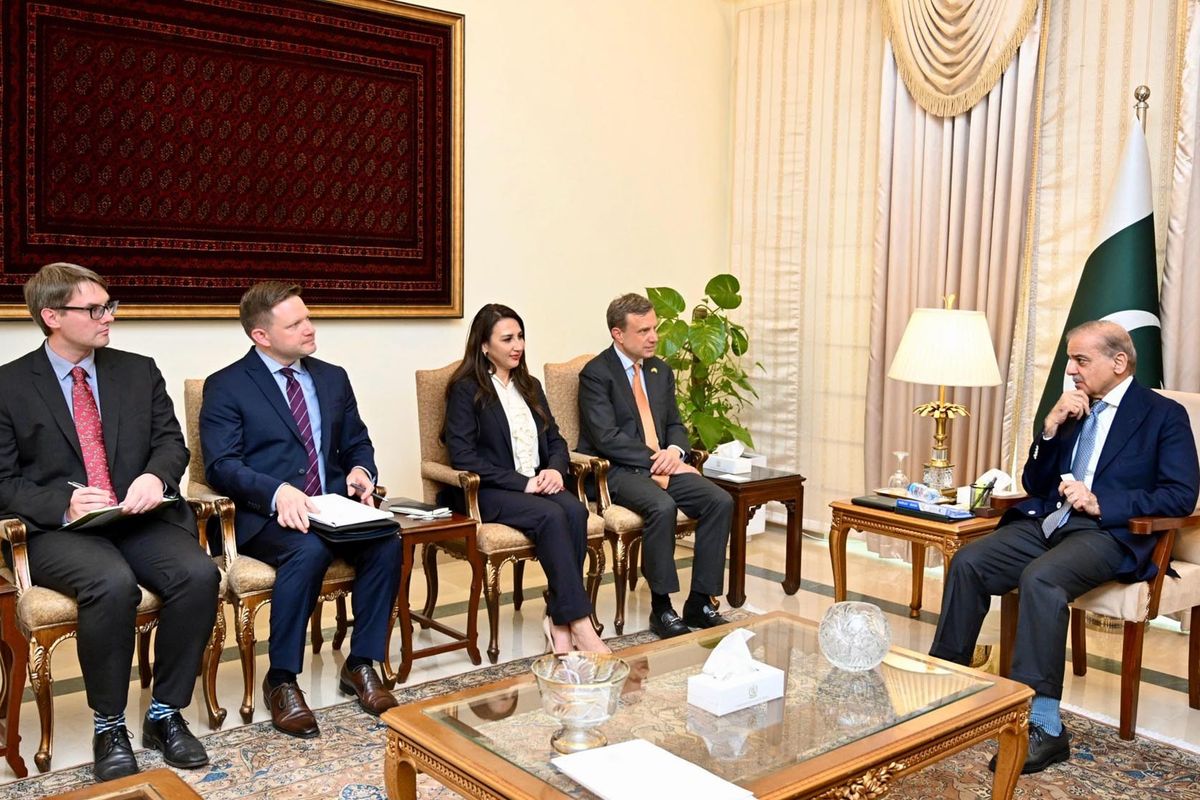
During the meeting, the premier emphasized the minerals sector as a “priority area” and encouraged U.S. companies to invest in Pakistan’s growing extractive industries.
The prime minister also spoke about the broader U.S.-Pakistan relationship, stressing its importance not only bilaterally but for regional stability. He reiterated Pakistan’s desire to work with President Trump’s administration on trade, counterterrorism, and investment.
Meyer, in turn, praised Pakistan for successfully hosting the forum and acknowledged the potential of its mineral economy. He conveyed that U.S. companies were interested in exploring these opportunities and expressed the Trump administration’s willingness to strengthen bilateral ties.
Economic strain and opportunity
Meyer’s visit comes at a time when Pakistan is reeling from the effects of Trump’s new reciprocal tariff policy. The country now faces a 29% average tariff on its exports to the United States, which include nearly $5.5 billion worth of goods—mostly textiles.
Yet experts see Meyer’s presence as a sign that diplomacy is not on hold. “While there was a cold atmosphere in Pakistan-U.S. bilateral relations during Biden's era, it seems this is now transforming into cautious but coordinated closer ties,” said Syed Muhammad Ali, an international affairs analyst, in a comment to Nukta earlier.
The minerals equation
For Washington, Pakistan’s mineral wealth—especially in the restive regions of Balochistan and Khyber Pakhtunkhwa—holds strategic value. The U.S. is actively seeking alternative sources of rare earths and critical minerals as part of its technological and industrial competition with China.
“The American administration is very interested in sourcing rare earth metals and critical minerals due to their competition with China in chip manufacturing,” said Dr Qamar Cheema, Executive Director of the Sanober Institute.
“Previously, we exported products to the U.S. to earn revenue; now Americans will bring investment to Pakistan,” Cheema added.
He believes this shift could enhance Pakistan’s image, particularly in regions like Balochistan, which have long been marred by insurgency but are now being marketed as global investment destinations.
Security cooperation and regional concerns
Another key focus of the visit is counterterrorism cooperation. According to the latest Annual Threat Assessment presented by Director of National Intelligence Tulsi Gabbard, Pakistan is increasingly threatened by Tehreek-e-Taliban Pakistan (TTP), which maintains links with Al-Qaeda.
Ali noted this alignment of interests: “The assessment expresses concern that TTP's ambitions aren't limited to Afghanistan or hostility toward Pakistan, but maintain close ties with global terrorist organizations like Al-Qaeda.”
Tensions and a path forward
Meyer’s visit also comes amid diplomatic tension. In March, a group of U.S. lawmakers introduced the Pakistan Democracy Act, seeking sanctions on Pakistani officials accused of human rights abuses. Islamabad dismissed it as a “unilateral move” not representative of U.S. policy.
Sanctions were also imposed in December on entities linked to Pakistan’s missile program. Yet, the broader trajectory appears to be shifting toward engagement.
“The current diplomatic engagement provides Pakistan an opportunity to reassure the U.S. that Pakistan’s strategic capabilities are defensive,” said Ali, adding that mineral cooperation could reset the tone of the relationship.
Cheema was more optimistic: “If Pakistan and the U.S. begin investing in critical minerals together, it will usher in a new era of Pakistan-U.S. relations.”




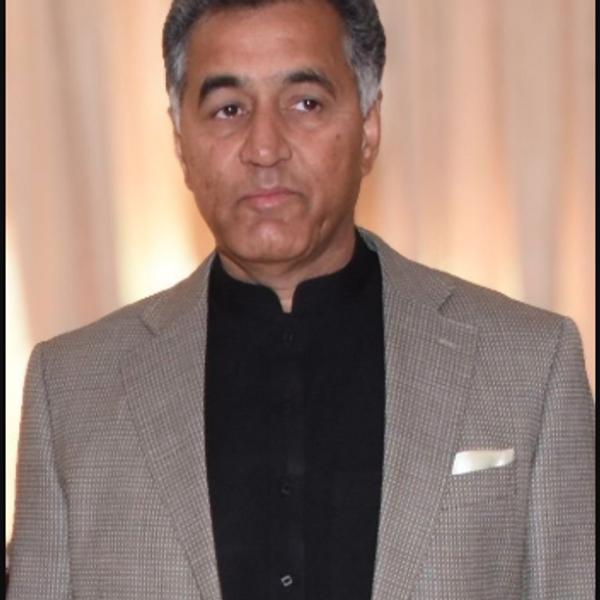

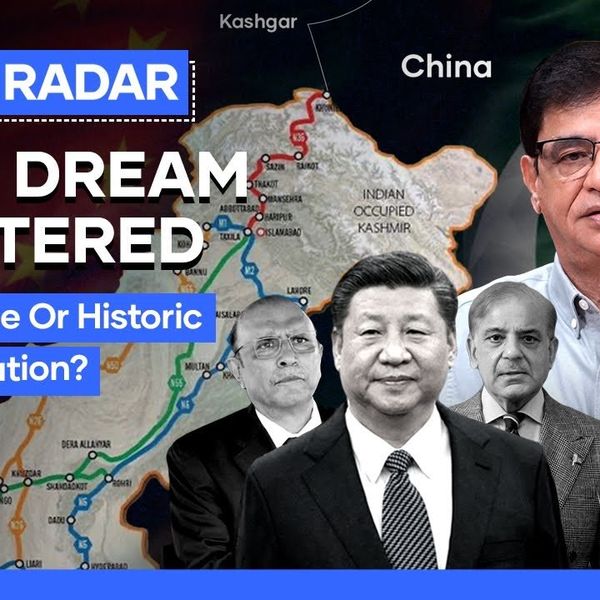
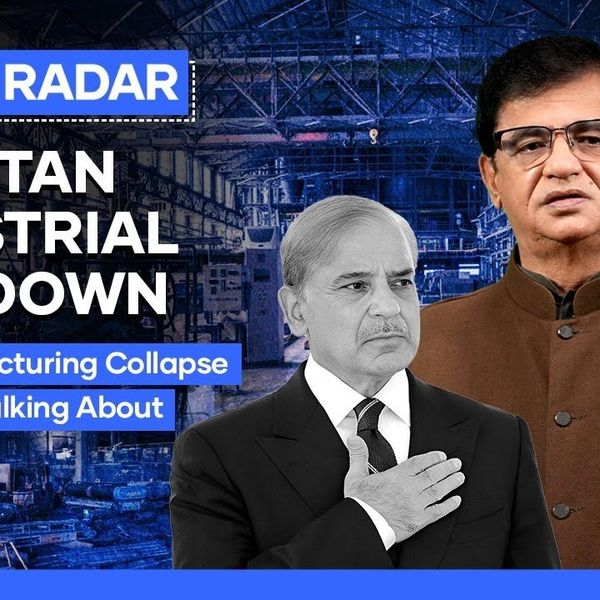


Comments
See what people are discussing